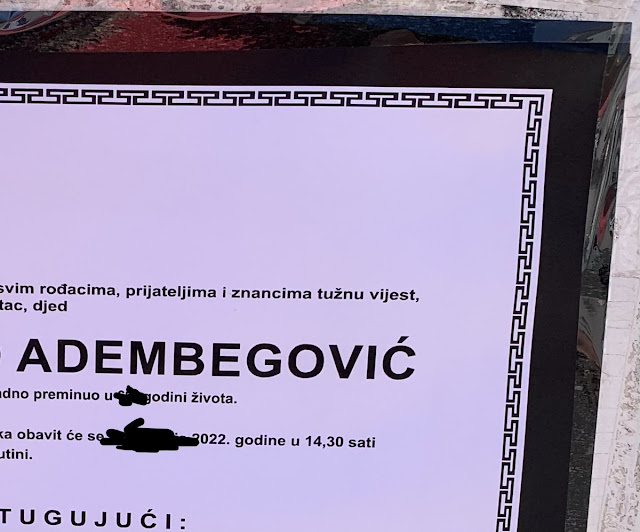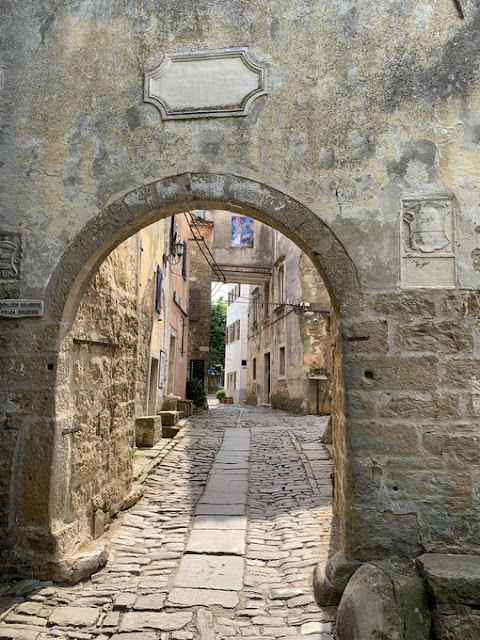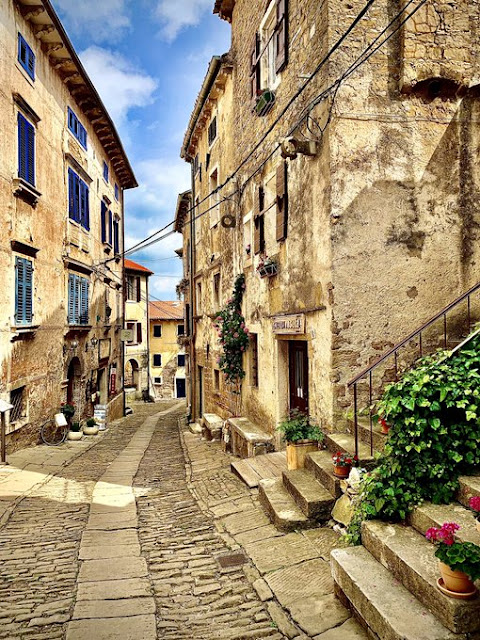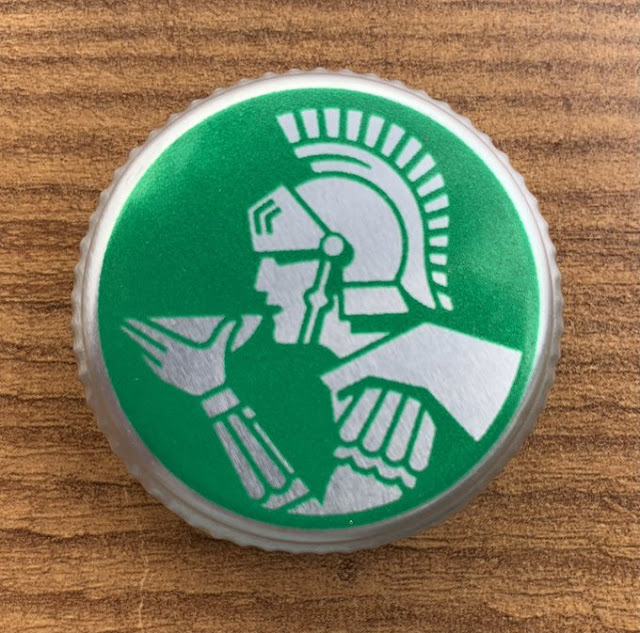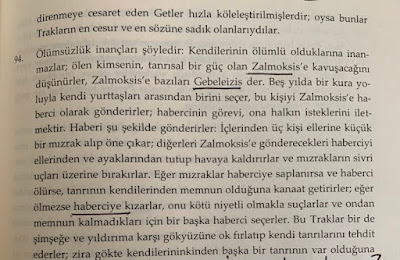Herodot’un "Tarih" adlı betiğinde İskitleri anlattığı 4. bölümde andığı adlar, Türkologlar için ilginç ve önemliydi, hala önemlidir.
Bunlar hakkında araştırmalar vardı, hala var.
Ben kendi açımdan ilgimi çekenleri aşağıya bırakayım.
Herbiri daha ayrıntılı araştırılmayı hakediyor bence.
*
ENGLISH VERSION
The names that Herodotus mentioned in Chapter 4, where he describes the Scythians in his script called "The Histories", were interesting and important for Turcologists, and they are still important.
There was research on these, and there are still.
I'll leave the ones that interest me from my point of view below.
I think each deserves further investigation.
*
DEUTSCHE VERSION
Die Namen, die Herodot in Kapitel 4 erwähnte, wo er die Skythen in seiner Schrift mit dem Titel „Historien“ beschreibt, waren interessant und wichtig für Turkologen, und sie sind immer noch wichtig.
Darüber wurde geforscht, und es gibt sie immer noch.
Diejenigen, die mich aus meiner Sicht interessieren, lasse ich unten.
Ich denke, jeder verdient eine weitere Untersuchung.
 |
| Scythian/Turkic Names in Histories/Ἱστορίαι/Tarih Herodotus/Herodot |
*
UZUNBACAK ADEM















